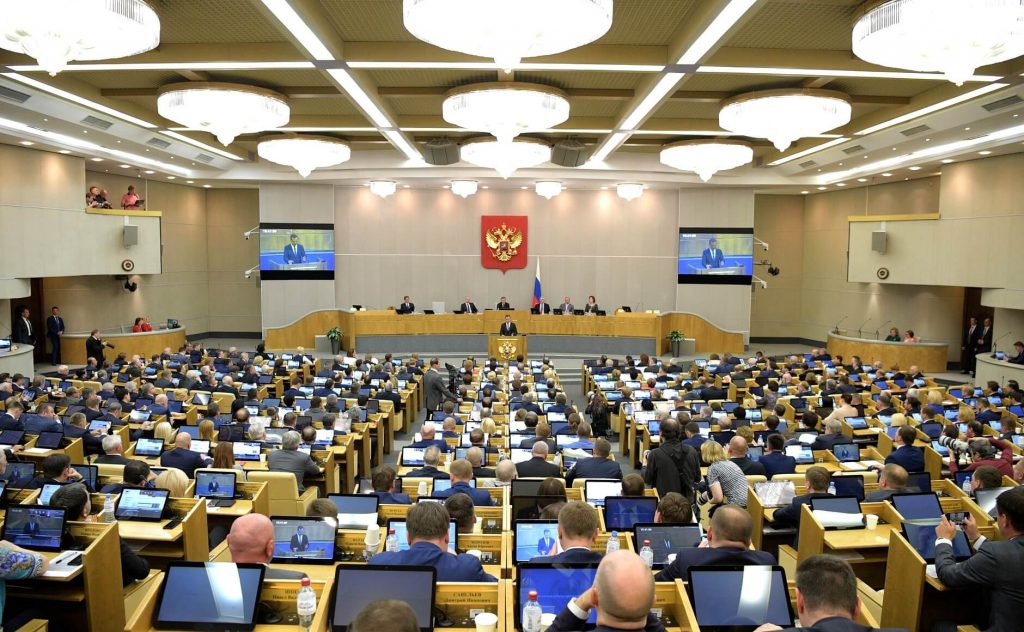Why should we care about takedown timeframes?
By Torsha Sarkar (CyberBRICS Associated Scholar) Introduction Since the Ministry of Electronics and Information Technology (MeitY) proposed the draft amendments to the intermediary liability guidelines in December of 2018, speculations regarding their potential effects have been numerous. These have included, mapping the requirement of traceability of originators vis-a-vis chilling effect on free speech online, or … Read more



























